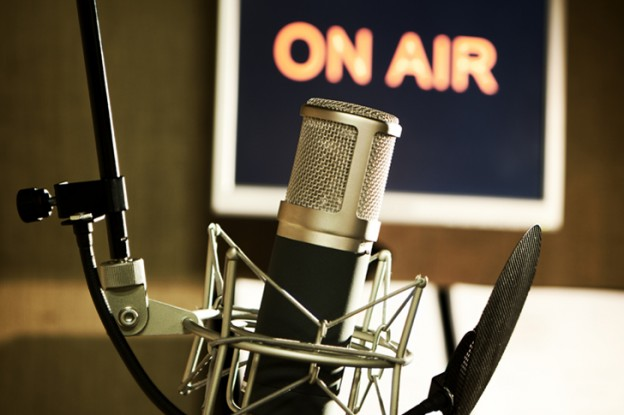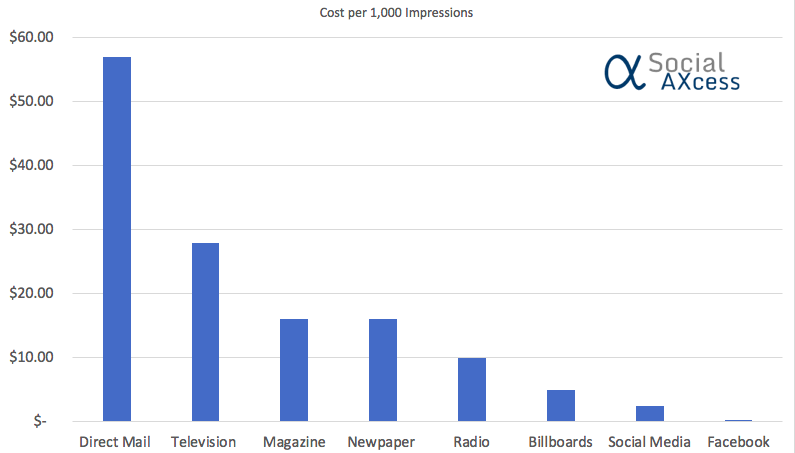
INTRODUCTION
The corona virus, otherwise known as Covid-19, caught the world unawares and literally brought it to its knees in every ramification of the word. Known to have started 2019 in faraway Wuhan China, the dreaded virus quickly spread all over the world leading to the declaration by the WHO that the situation has become a global pandemic thus necessitating a globally coordinated response to mitigate its impacts and effects across every human endeavor, including the Broadcast Media industry.
As at the last count, the global death toll of Covid-19 is alleged to have crossed the 1 million mark with the United States of America, Brazil, Spain, Italy and many other European countries sadly contributing the largest quotas. Thankfully and despite predictions that the streets of Africa and indeed Nigeria will be filled with “dead bodies” as a result of the virus, the African continent and Nigeria in particular, recorded very moderate infection and death rates. It is important to state at this point that the coordinated response to the pandemic at all levels of government in Nigeria under the auspices of the National Center for Disease Control (NCDC) and the Presidential Task Force on Covid-19, in collaboration with the broadcast media industry helped to effectively manage the situation.
As part of strategies to combat the menace, the National Center For Disease Control and the Presidential Task Force leveraged the resources of the broadcast media to create enlightenment campaigns in the form of TV adverts, dramas, jingles and other sensitization programs at all levels. Radio and Television programs were specifically developed and produced and disseminated to the nook and crannies of the country to educate and inform the citizenry on the dangers of the virus. At sub-national levels, State Governments set up isolation centers for managing certified cases of infection as well as for containing the spread of Covid-19 and extensively utilized the broadcast media for guiding the populace accordingly. Today, the success of effectively managing the Covid-19 pandemic in Nigeria can be partly attributed to the efforts of the broadcast media industry in its collaboration with governments at all levels.

THE ROLE OF NATIONAL BROADCASTING COMMISSION
It is pertinent to state here that the National Broadcasting Commission (NBC) also played its role by providing the required guidelines for disseminating or broadcast of all information relating to the Covid-19 pandemic on TV, Radio and on other media channels in order to avoid misinformation, disinformation and spread of fake news thereby misleading the general public. For example, the NBC had warned broadcast organizations to desist from disseminating any report or information on production of Covid-19 vaccines or other curative medicines unless verified by the NCDC, NAFDAC or the Ministry of Health. In addition, only figures from the NCDC was deemed accurate for dissemination to the public. To a very large extent, media houses have kept to the NBC guidelines although many others adopted a “middle of the road” approach.
GOVERNMENT RESPONSE
To address the Covid-19 outbreak during its early stages in Nigeria, the Federal Government imposed total lockdown rules on some States such as Lagos, which was deemed the epicenter, Ogun, and the FCT, while other States around the country had partial lockdown. With the lockdown restrictions came also the closure of businesses and livelihood of millions of Nigerians put at risk. Virtually every sector of the Nigerian economy was severely affected by the restrictions. Schools, Churches, Mosques and entertainment centers were not left out. Same with the Broadcast Media industry. Many lost their jobs while the lucky few got massive salary cuts. Although the Federal and State governments invested billions of Naira into getting the health sector ready to deal with the scourge, there yet remains controversy as to the quality of medical care provided during the period and even now.
Today, however, the Government at both Federal and State levels have relaxed the imposition of restrictions as well as other strict regulations. Many businesses have reopened and gradually finding their feet in the “new normal” but the devastating effect of Covid-19 and the accompanying lockdown restrictions remain a scar for many sectors of the economy, including the Media Industry.
THE BROADCAST MEDIA SUSTAINABILITY CHALLENGES
No doubt, the broadcast media industry suffered greatly as a result of the imposed restriction during the Covid-19 which led to massive loss of revenue, disengagement of staff, and other macro and micro consequences.
For example, social distancing guidelines resulted to cancellations of live events scheduled nationwide at stadiums, arenas, theaters, resorts, theme parks and other venues. This ultimately resulted in lost revenues from ticket sales, merchandising, advertising, promotions. Another challenge arising from the social distancing regulation was the closure of some offices and operations and the need to have most of the employees work from home or remote locations thus creating a major cybersecurity risk for most broadcast organizations.
TV and Movie production outfits suffered major setbacks as a result of the Covid-19 pandemic. This led to postponement or outright cancellations of release dates for new contents for broadcast media organizations. Sporting contents such as football, athletics, etc. which is a big earner for many media organizations, stalled due to the Covid-19 pandemic. Even with the relaxed restrictions, the sporting venues are still empty.

DWINDLING ADVERTISING REVENUES
Several major brands and big advertisement spenders embarked on massive budget cuts due to poor sales despite great outlook at the beginning of the year. Advertising revenues are highly correlated with the performance of the economy. As the world has become more globalized, countries’ macroeconomic performances have gradually grown more connected. This has made the world better and more prosperous; but has also increased its volatility and inherent risks. The better response to risk and volatility is diversification, which is why several commercial broadcasters have tried to diversify their revenues away from advertising and towards other funding sources such as subscriptions and content licensing. However, advertising still accounts for a large share of the media industry’s revenue. The impact of coronavirus on countries’ macroeconomic performance is and will be real and extremely damaging. In the media industry, this is leading to a sharp decrease in advertising spending.
FINANCIAL HEALTH OF BROADCASTERS THREATENED
As earlier discussed, the Coronavirus crisis has led to a sudden halt in advertising investments, an essential source of revenue for public broadcasters and the only source of financial income for private broadcasters. The existing business model is, therefore, being undermined. The situations are contrasted according to the share of advertising in the financing model:
- For public broadcasters which derives between 30%-40% of its budget from advertising revenue, it is estimated that the loss will be 10% of annual advertising revenue.
- For private broadcasters, the loss of revenue in March/April 2020 alone according to statistics exceeded 50% globally. Figures are circulating of revenue losses of up to 70% for April 2020. We can, therefore, expect a net decrease, without compensation, of about 10% in annual turnover.
WAVES OF REDUNDANCIES AND COST-CUTTING MEASURES
The loss of income leads to drastic savings plans, and when businesses talk about savings, most times they mean laying off employees. Here are a few examples:
- ITV (United Kingdom): programming budgets cut by £100m
- Channel 4 has implemented a £245m savings programme that includes a 10% reduction in staff and the elimination of programmes.
- M6 (France) is launching a €100m savings plan aimed at reducing costs by 20%. This savings plan will inevitably have an impact on the other entities of the group.
- RTL Belgium: the Belgian channel has already undergone significant restructuring in 2018 with the loss of 88 positions.
Back home in Nigeria, many broadcast media organizations have laid off staff but sadly this is largely unreported for obvious reasons.
THE WAY FORWARD
While the media industry may be among the hardest hit by the COVID-19 crisis, it is also the one humanity is relying on for crucial up-to-the-minute information — and as a way to counter the isolation caused by social distancing. As past crises have proven, the media industry has shown the ability to rally, buoyed by resurgent demand during the recovery period like we are already seeing around the world.
Ultimately, consumers want to stay informed. They want to be entertained. And the media industry — encompassing the ecosystem of Business-to-Business (B2B) and Business-to-Customers (B2C) companies — continues to find novel, engaging ways to help deliver on the promise of keeping customers informed and entertained.
CREATIVE INNOVATION
Finally, this crisis is certainly going to spur some creative innovation in terms of new programming formats and workflows as demand for entertainment rises while supply shrinks dramatically. Sports broadcasters for example may be leveraging their archives to create new content for fan engagement as well as experimenting with new formats that do not rely on live production. News is already adapting to the lockdown requirements with several programs around the world gathering experts’ input through consumer video technology. These trends may also produce some lasting changes in the industry.
The coronavirus crisis has already changed the way broadcast media business is done in 2020. Those who do not prepare now will find 2021 a hard year to do business. The broadcast and media industry will be affected by the shock created by this but could take some actions to adapt to it. There is no way to be sure of the real effects of this crisis but in a time of such uncertainty it is worth looking at the glass half full and understand how we can all make the most out of the current situation.
(c) September 2020 – Prince Bright Eweka



Recent comments…